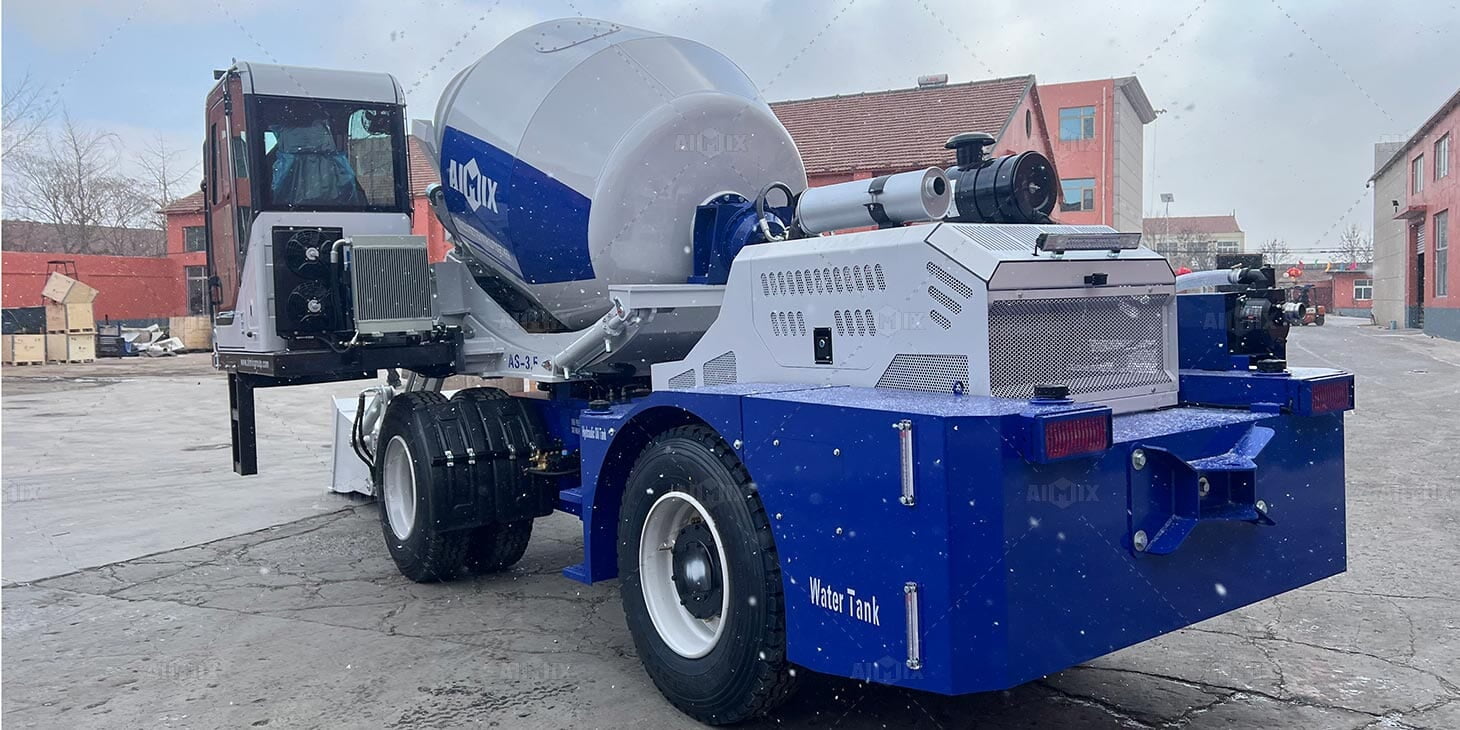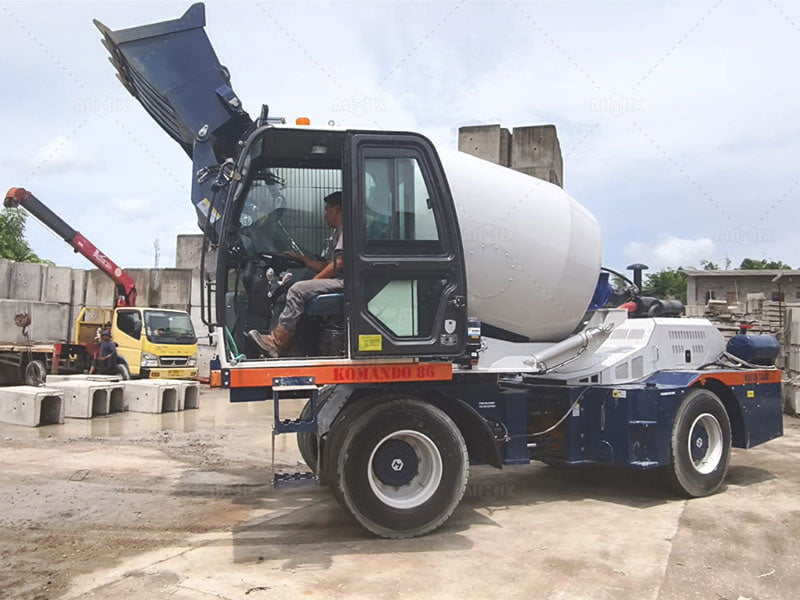In the rapidly evolving domain of commercial construction, self-loading concrete mixers have emerged as a transformative force. These multifaceted machines, adept at both mixing and delivering concrete directly at construction sites, have redefined efficiency and flexibility in the industry. The applications of self loading concrete mixer for sale span a broad spectrum of projects, underscoring their indispensability in modern construction.

Revolutionizing Construction Methodologies
Enhanced Efficiency and Cost-Effectiveness
The introduction of self-loading concrete mixers has fundamentally altered construction workflows. By integrating the functions of concrete batching, mixing, and transportation, these machines streamline operations, drastically reducing the need for multiple pieces of equipment and the manpower to operate them. This consolidation translates to substantial cost savings and accelerated project timelines, allowing contractors to meet tight deadlines without sacrificing quality.
Moreover, the precision these mixers offer in concrete formulation is unparalleled. On-site adjustments to the mix’s composition ensure that each batch meets the specific requirements of the project, thereby enhancing structural integrity and durability. This level of control is particularly advantageous in avoiding the inconsistencies that can arise from off-site batching and transport delays.
Flexibility Across Various Project Types
The versatility of self-loading concrete mixers is evident in their adaptability to diverse construction scenarios. From towering skyscrapers to sprawling infrastructure projects, these machines prove their mettle in varied environments. Their compact design and maneuverability enable them to operate in confined spaces, making them ideal for urban construction where space is at a premium.
In rural or remote areas, where access to ready-mix concrete plants may be limited, self-loading mixers provide a reliable alternative. They ensure a continuous supply of fresh concrete, mitigating the risks associated with long transport times and potential mix degradation.

Impact on Urban Development
High-Density Housing and Skyscrapers
Urban development has witnessed a significant uptick in the construction of high-density housing and skyscrapers, driven by the growing demand for residential and commercial spaces. Self-loading concrete mixers have become crucial in these projects, ensuring timely and consistent concrete supply to higher floors where traditional delivery methods falter. Their ability to produce high-quality concrete on-site reduces dependency on external suppliers and minimizes the logistical challenges inherent in urban construction.
Infrastructure and Public Works
Large-scale infrastructure projects, such as bridges, tunnels, and highways, also benefit immensely from the capabilities of self-loading concrete mixers. These projects often require vast quantities of concrete to be delivered in a short time frame, a demand that these versatile machines can efficiently meet. The mixers’ mobility allows them to navigate challenging terrains and deliver concrete precisely where needed, enhancing the overall efficiency and execution of infrastructure projects.
Addressing Challenges and Future Potential
Operator Training and Skill Gaps
Despite their numerous advantages, the right operation of self-loading concrete mixers presents certain challenges, particularly regarding the need for skilled operators. The sophisticated technology and controls embedded in these machines necessitate comprehensive training programs to ensure operators can fully exploit their potential. Addressing this skill gap is critical to maximizing the benefits of these mixers in commercial construction.
Long-Term Sustainability and Maintenance
Sustainability and maintenance are other key considerations. While self-loading concrete mixers offer immediate efficiency gains, their long-term performance depends on rigorous maintenance schedules and the use of high-quality components. Ensuring these machines remain operational over extended periods requires a proactive approach to maintenance and a commitment to using durable, sustainable materials.
In conclusion, the versatile applications of self-loading concrete mixers in commercial construction are undeniable. Their ability to enhance efficiency, adapt to various project types, and support urban development makes them invaluable assets in the construction industry. However, to fully realize their potential, it is imperative to address the challenges associated with their operation and maintenance. As the industry continues to evolve, these innovative machines are set to play an increasingly pivotal role in shaping the future of commercial construction.
